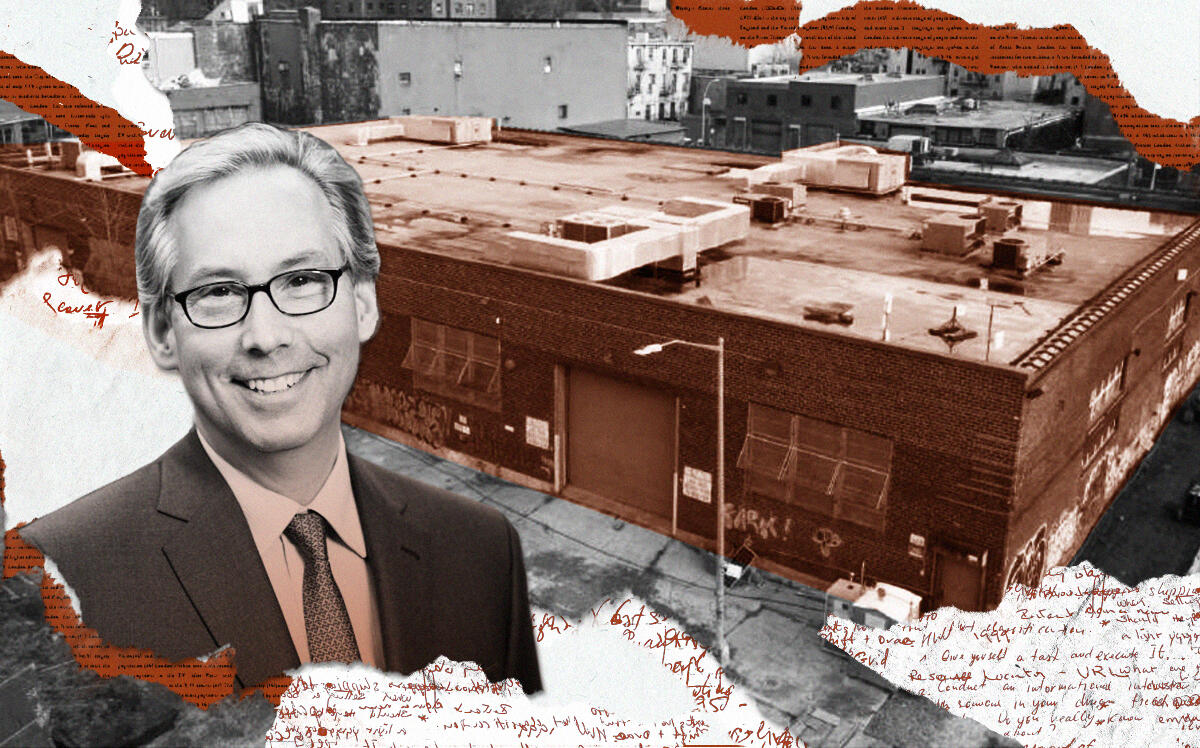Trending
Landlord in rush for 421a booted Gowanus business: lawsuit
Stage rental company alleges Midwood schemed to exploit Gowanus rezoning

A lighting and stage rental company alleges that its landlord, Midwood Management Corp, forced it out of a Gowanus property to reap the benefits of the area’s rezoning and the 421a tax break.
A day after Midwood filed for demolition permits, Eastern Effects sued three entities connected to the developer, alleging that it fraudulently induced the tenant to leave so it could build apartments on the site.
This is no run-of-the-mill landlord-tenant dispute, according to the complaint filed in New York Supreme Court this month.
Eastern Effects alleges that the landlord was motivated by the pending expiration of 421a, a lucrative tax break for new rental housing. At one point, the Manhattan-based developer was so driven to oust its tenant that it allegedly entered the premises by force on Rosh Hashanah and threatened to run over an Eastern Effects employee with a Bobcat excavator, according to the suit.
Midwood declined to comment. It has not filed a response to the complaint.
“Eastern Effects … not only has the right to, but needs to use this highly specialized space — which it paid handsomely to build out — in order to survive,” said Jennifer Recine of Kasowitz Benson Torres, a lawyer for the small business.
In 2010, Eastern Effects entered into a nine-year lease at 210 Douglass Street with an option to renew until 2024. When it renewed the lease, plans were underway for a sweeping rezoning that would accelerate the area’s transformation from a gritty industrial enclave into a trendy residential area similar to neighboring Park Slope and Cobble Hill. The rezoning, which passed late last year, would allow for 8,500 new apartments — including hundreds by Midwood on Douglass Street.
But it needed to hurry to qualify for the 421a tax break. The program expires June 15 and could lapse for a while — if not forever — given the complicated politics of the program.
The space that Eastern Effects rented backed up to the Gowanus Canal, a polluted waterway featuring dark sludge that locals dubbed “black mayonnaise.” Worried about leakage, Eastern Effects had ensured that its lease obliged the landlord to take care of any contamination.
When a problem arose, Midwood elected to perform this repair itself, rather than under the supervision of the Environmental Protection Agency under a trust established in connection with the Gowanus Superfund site, the lawsuit explained. The property owner required Eastern Effects to vacate to allow for the work.
The landlord and tenant entered into a settlement that would suspend Eastern Effect’s rent during the construction. The agreement also obligated the Trust to compensate Eastern $88,000 per month for its lost business.
The bulkhead work began in October. Midwood used a hydraulic hammer attached to an excavator to demolish a slab of concrete and a vibratory hammer to install sheet piles, according to the suit.
In November, as a slew of Gowanus property owners filed plans for residential projects, cracks in the facade of 210 Douglass Street were observed and the landlord banned entry to the premises. On Jan. 31, the landlord terminated the lease, alleging that the building’s integrity was untenable.
The lawsuit alleges the landlord initially refused to disclose evidence of the structural issues leading to Eastern Effect’s eviction. Eventually, the landlord provided a March 25 structural assessment report prepared by O&S Engineers & Architects.
Eastern Effects says it wants to have its own experts assess the building but Midwood refuses it access. The excised tenant is seeking at least $7 million in compensation.




